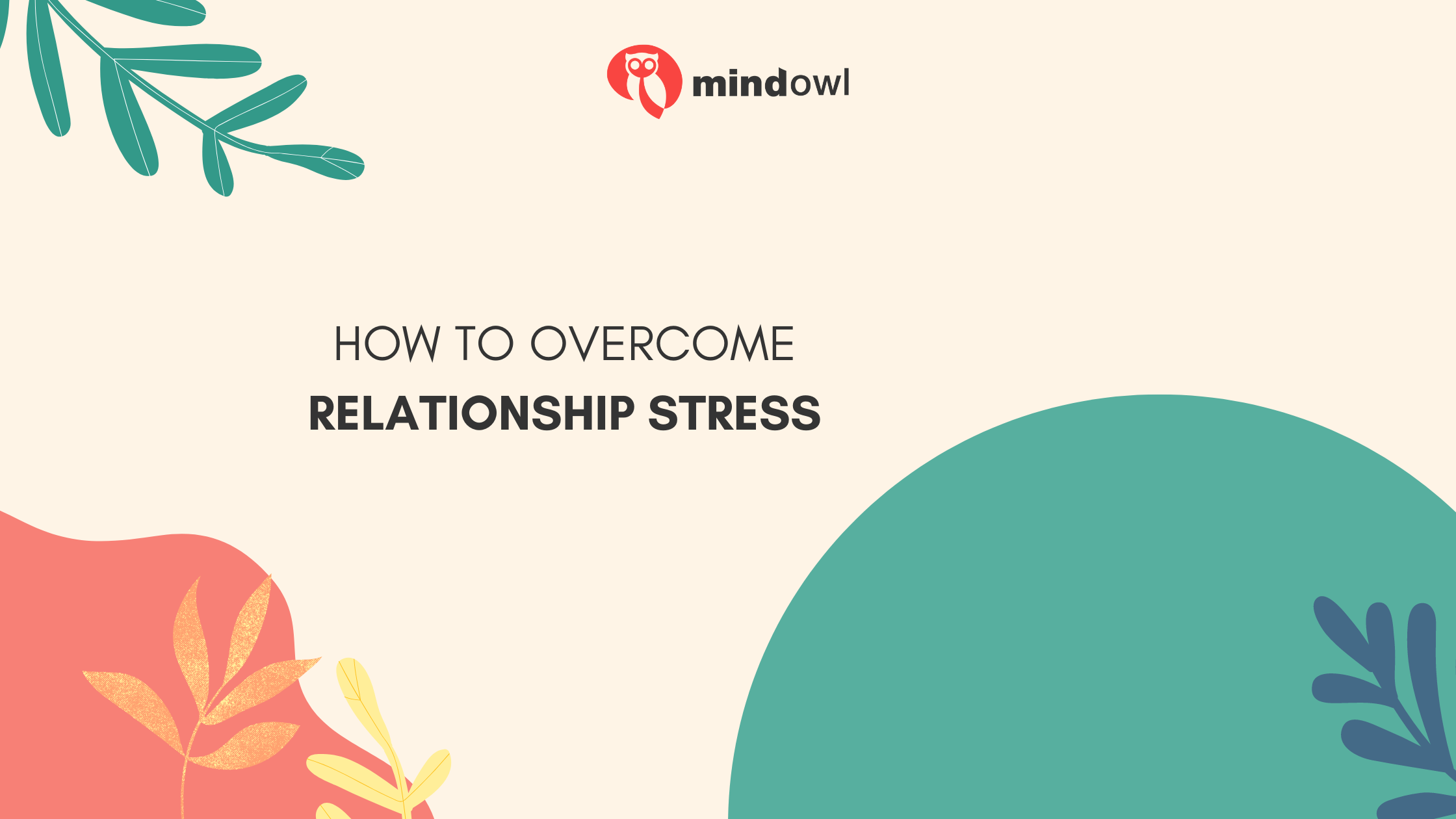Photo by Christian Erfurt on Unsplash
Frustrating relationships can lead to stress, but studies indicate that positive relationships can enhance mental and physical well-being. Disagreements are common in relationships, so occasional arguments do not necessarily indicate a “bad” relationship. When couples can argue constructively, it can enhance their communication skills.
A 2018 study found that individuals who openly communicate with their partner about their stressors can effectively manage relationship stress during difficult conversations. Experiencing stress in a relationship is normal occasionally. However, issues arise if the stress persists beyond arguments or if negative situations continue for an extended period.
Get Help
Don’t hesitate to seek assistance if you struggle to move on from a negative relationship. Consider contacting a trusted friend or family member to discuss your challenges. Alternatively, confiding in a therapist or mental health expert can offer new coping strategies and aid in overcoming relationship stress. Strong relationships and support can reduce the burden caused by less positive ones.
As a man, if the stress originates from performance issues in the bedroom or anxiety over your body, there is no stigma in seeking help from Loria Medical Facility. They offer girth and length procedures that could improve your confidence and satisfaction in the bedroom.
Speak Up
This is a common error many individuals commit in their relationships. You don’t have to share every concern with your partner, but there are specific issues you shouldn’t keep quiet about. For instance, if your partner crosses your relationship boundaries or makes you uneasy, address it.
One approach is to discuss the problem and request a behavior change. If they resist or become defensive, it might be time for a serious discussion. Remember, relationships require effort from both sides. If you find it hard to communicate your concerns with your partner, it might be best to end the relationship.
Prioritize Your Own Well-being
Self-care is essential. Giving yourself a break from your partner can help you relax and recharge. Some individuals prefer running or meeting a friend, while others enjoy reading or playing video games. Regardless of your choice, allocating alone time to unwind is crucial. Self-care doesn’t imply isolating from your partner but rather finding a healthy equilibrium between personal time and togetherness.
Establish Practical Limits and Anticipations
Occasionally, unfulfilled expectations among romantic partners can add to the strain in a relationship. Recognizing one another’s expectations and assessing their reasonableness can help avoid miscommunications that cause stress.
For instance, if your partner is feeling overwhelmed and not up for socializing, expecting them to attend a social event with you might not be realistic. However, unless there are exceptional circumstances, it is fair to assume that your partner would be fine with you going alone. Addressing differing expectations through open communication may be beneficial if this scenario repeats.
Confront
Reacting impulsively or replying hastily with words or actions you might regret later will only heighten your stress levels, making it harder to manage situations and the person involved. Hence, if you feel upset, converse calmly with that individual. Clarify the reasons for initiating this dialogue and outline your objectives. It’s crucial to also be receptive to the other person’s perspectives and views.
Endnote
Relationships can be tough, yet they also offer enjoyment. Remember these tips during tough times. If stress persists, consulting a therapist may be beneficial.
MindOwl Founder – My own struggles in life have led me to this path of understanding the human condition. I graduated with a bachelor’s degree in philosophy before completing a master’s degree in psychology at Regent’s University London. I then completed a postgraduate diploma in philosophical counselling before being trained in ACT (Acceptance and commitment therapy).
I’ve spent the last eight years studying the encounter of meditative practices with modern psychology.

